
South Sudan takes over control of it’s airspace from Sudan
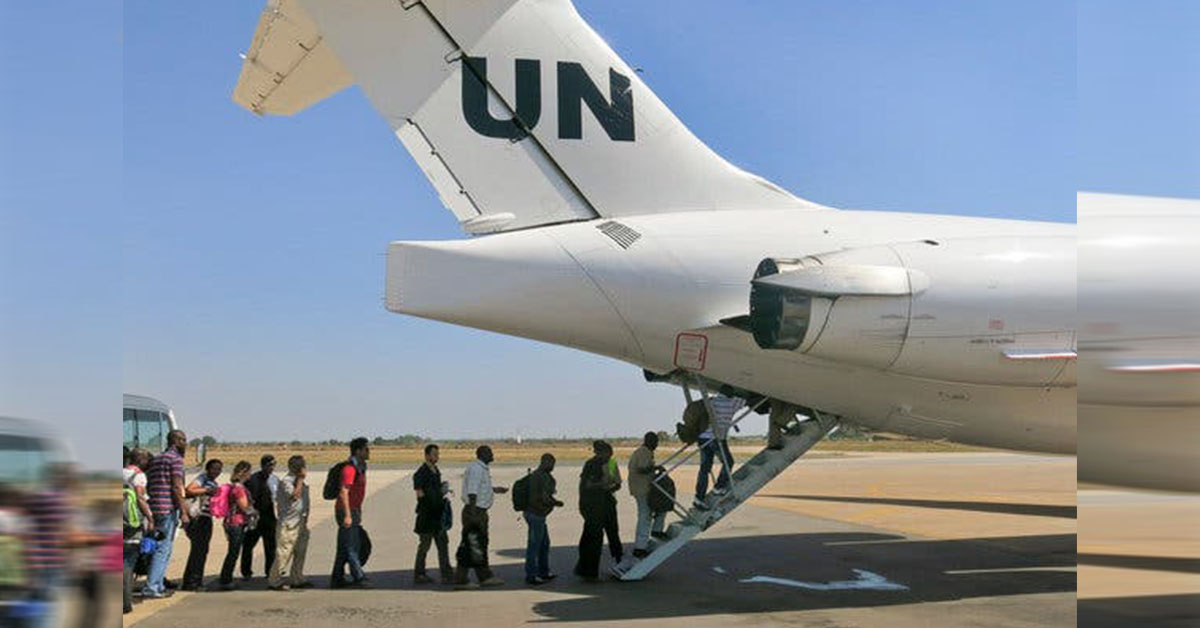
By Winnie Cirino
The government has finally taken control of the country’s lower air space more than a decade later from Sudan and is working on infrastructure to reclaim its upper airspace.
A Sudanese committee managing South Sudan’s air space was expected to train South Sudanese over a period of three years so the country could take control of its airspace management, but that has yet to happen.
Transportation Minister Madut Biar says now that South Sudan controls its lower air space, it can collect fees from airline companies which he says could generate tens of millions dollars in revenue each year.
“We’re now controlling our lower air space; we are independent now from Sudan and the company now is working to build the necessary infrastructure to control our upper airspace so that we become now an independent airspace not only by land but also by air.” Biar says.
Previously South Sudan did not have the infrastructure to manage the country’s airspace. The government has mainly been sending its air controllers to neighboring countries like Sudan for training.
Sudan has managed South Sudan’s upper airspace since 2011 when the two countries parted ways, something he says makes the country lose important revenue.
“Sudan was given the management of our air space, collecting over flying fees for our air space to the tune of millions of dollars per month, [and yet] they could not meet their obligation to train our civil aviation staff until corona came in and it became an excuse.” Biar said.
Sudan had taken the coronavirus outbreak as an excuse to suspend any plans to train aviation staff from South Sudan, according to the minister.
“all the facilities are being locked down, so I met with colleagues in civil aviation and we said okay, let us think of having our own people, we contacted the regional office and they recommended a qualified firm and now they are training our controllers.”
Biar says a number of air traffic controllers have been trained in South Sudan and have been undergoing certification and licensing so they will soon be able to manage the country’s airspace.
Abraham Kuol, a professor of political science at the University of Juba, says air space is something key that almost every country fights for because it shows that a nation is trying to control its territory at the national level.
“The aspect of South Sudan trying to begin owning their air space is something that should be applauded and it is something that should be appreciated because it shows that South Sudan is now trying to have a privilege of exercising its own sovereignty and at that point South Sudan now will be able to have the right to grant passage or entry through their own air space as a result of that.”
Kuol says it’s important to realize that a country can be attacked either through ground, its water source, or by air.
He says South Sudanese can feel confident that their air space will be protected by nationals.
“The lay man will be able to benefit from the security threat because there might be issues dealing with invasion of South Sudan territory and as a result of that, if the invasion is done in South Sudan through the air space, then that one is going to affect the normal people of South Sudan.”
“Secondly, sometimes there are some tariffs that could be levied as a result of you trying to use the air space and that tariff should be able to accumulate and later become part of the income to the state.
Income that Kuol says can be used to provide services to the people of South Sudan.
South Sudan likely needs more equipment to control its air space, but that shouldn’t discourage the government. But Kuol says officials should now focus on investing in the necessary equipment for air traffic control.

















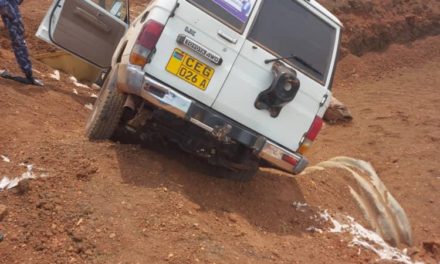
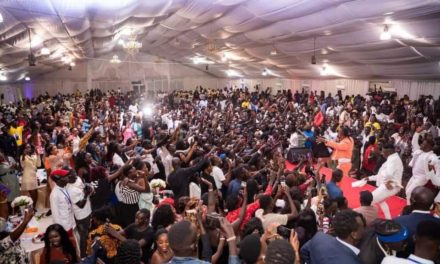
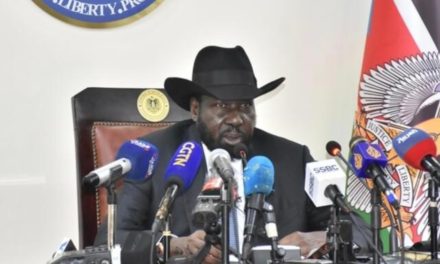
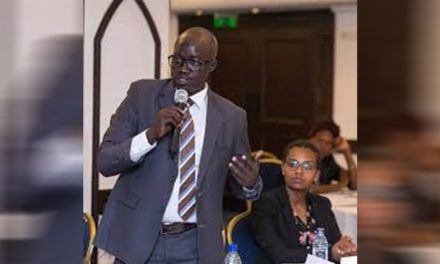
Recent Comments